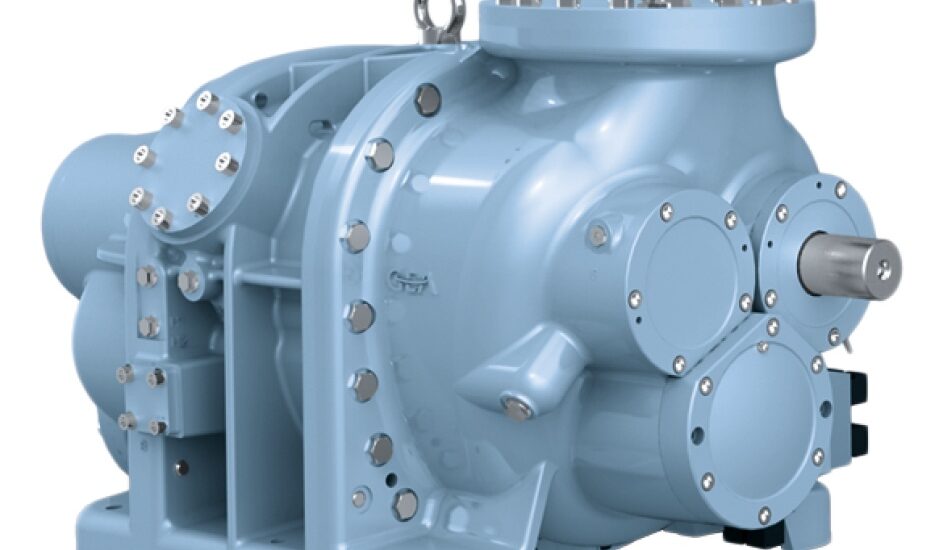Refrigerant compressor oil, huh? It might sound like jargon, but this substance is an integral part of your cooling system. Picture your air conditioner, fridge, or any refrigeration system. Now, there’s a secret lifeblood running through its veins, an elixir that ensures its efficiency and longevity. That, my friend, is the refrigerant compressor oil.

Table of Contents
Understanding Refrigerant Compressor Oil
Definition and Importance
What is Refrigerant Compressor Oil?
So, what exactly is this magical substance? Well, refrigerant compressor oil is a special kind of lubricant used in refrigeration systems. It’s like a wingman to your refrigerant, aiding in its smooth operation.
The Role of Compressor Oil in Cooling Systems
The role of compressor oil is pretty pivotal. You see, without it, your cooling system would quickly become a hot mess. It lubricates the compressor, transfers heat, and even acts as a sealant. Who wouldn’t want a multitasker like that?
The Basic Functions of Compressor Oil
Lubrication
Imagine a world where everything grinds and squeaks. Unbearable, right? That’s what a compressor feels like without oil. It provides essential lubrication to reduce friction and prevent wear and tear.
Heat Transfer
Picture this: it’s a hot summer day, and you’re sipping iced tea in your cool living room. All thanks to compressor oil. It acts like a courier, transporting heat away from the compressor.
Sealant
Not only does it lubricate and transfer heat, but it also plays a key role as a sealant, preventing leakage of refrigerant gases. Isn’t that cool?
Interactions Between Refrigerant and Compressor Oil
Miscibility and Its Importance
Definition of Miscibility in Refrigeration Systems
Miscibility sounds complex, doesn’t it? But it’s pretty simple. It’s the ability of two substances (in this case, refrigerant and oil) to mix into a homogenous solution without separating.
Why Miscibility Matters
So why does this science jargon matter to you? Well, the better the miscibility, the smoother the operation of your cooling system. It’s the secret recipe for maximum cooling with minimum energy.
Challenges of Oil and Refrigerant Interaction
Oil Return Issues
Now, it’s not all sunshine and rainbows. Sometimes, the oil gets a bit too comfortable and sticks around in the evaporator or condenser. This can affect system performance.
Impact of Temperature and Pressure
And let’s not forget our buddies, temperature and pressure. They play a crucial role in the behavior of oil and refrigerant. Like a dynamic duo, they can either ensure harmony or wreak havoc on your system.
Types of Refrigerant Compressor Oils
Mineral Oils
Composition and Use
Mineral oils are like the classic rock of compressor oils. They’re derived from petroleum and have been used for years. But does that make them the best choice for your system?
Pros and Cons
Well, there are pros and cons. Mineral oils are affordable and reliable, but they’re not as friendly with newer, more environmentally-friendly refrigerants. Bit of a bummer, right?
Synthetic Oils
Polyalphaolefin (PAO) Oil
Then, we’ve got the new kid on the block: PAO oil. This synthetic oil is known for its high temperature stability. But is it the right fit for your system?
Polyalkylene Glycol (PAG) Oil
Here comes another contender: PAG oil. This fella is known for its excellent lubricity. However, it’s a bit picky and doesn’t play nice with certain refrigerants.
Polyol Ester (POE) Oil
Lastly, we’ve got POE oil. It’s versatile and compatible with many refrigerants. But hold your horses, it’s also a bit pricier.
Choosing the Right Oil for Your Compressor
Considerations Based on Refrigerant Type
When choosing an oil, the type of refrigerant you’re using matters. It’s like pairing wine with cheese. The right combination can elevate your cooling system’s performance.
Impact on Energy Efficiency
And let’s not forget about energy efficiency. The right oil can reduce energy consumption, leading to cost savings. Who doesn’t like saving a few bucks?
Compatibility and Stability
Remember, compatibility and stability are key. The oil should be compatible with the refrigerant and remain stable under various conditions. It’s like finding the right partner, you want someone who’s compatible and stable, right?
For more articles on refrigerants, click here.
Maintenance and Replacement of Refrigerant Compressor Oil
Regular Maintenance Practices
Checking Oil Levels
Just like you check your car’s oil level, you should regularly check your compressor’s oil level. It’s simple but can make a world of difference.
Monitoring Oil Quality
And don’t forget about oil quality. If the oil is dirty or degraded, it won’t be as effective. Think of it like cooking, would you use stale oil?
Changing and Disposing of Compressor Oil
Signs That the Oil Needs Changing
Keep an eye out for signs that your oil needs changing. These could include increased energy usage or reduced cooling capacity. It’s like your system is saying, “Hey, I need some fresh oil!”
Safe Disposal Methods
And when it comes to changing the oil, remember to dispose of the old oil safely. It’s not just about keeping your system healthy, but also about taking care of our planet.
Conclusion: The Key to Efficient and Durable Cooling Systems
By understanding the role of refrigerant compressor oil and choosing the right type for your system, you can enhance your cooling system’s efficiency and lifespan. Regular maintenance, proper oil replacement, and disposal are crucial components of managing your system.
Whether you’re a professional HVAC technician or a homeowner looking to understand your cooling system better, this comprehensive guide aims to provide you with the knowledge you need. So, are you ready to give your cooling system the care it deserves?